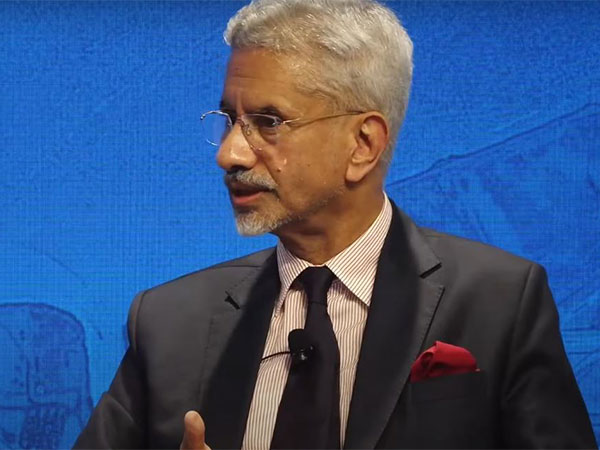Referring to the evolving situation in the neighbourhood, External Affairs Minister S Jaishankar said that India’s relationship with its neighbours today is much stronger since independence.
Regarding the concerns of neighbouring countries, the Foreign Minister affirmed confidence that India will be able to maintain its position in the region with patience and hard work.
Addressing the event, Jaishankar said, “Structurally, our relationship with our neighbours would be much stronger than it has been since independence. And the reason was very simple. If you look today at how much more regionalized we have become. If you look at the power grids, the fuel flows, the rail lines, the airways, the ferries, and the waterways, there’s actually a tremendous change.”
“If I were to look at it…15 years before, you can see an enormous shift in terms of how much more closely we deal with each other. And even in terms of the movement of people…we mentioned Bangladesh, I think, every year we issue about 1.5-1.6 million visas everywhere in Bangladesh. So we actually have much more trade, much more economic activity,” he added.
This comes amid changing leadership in the Indian neighbourhood. bangladesh recently underwent an upsurge where student protests turned into an anti-government movement forcing Sheikh Hasina — a key India ally — to flee.
Mohamed Muizzu’s storming to power in Maldives also brought challenges in New Delhi-Male ties. However, the situation has eased out lately, with more engagements between the two nations.
Similarly, power changes have also taken place in Nepal and Sri Lanka, two key neighbours of India.
He further emphasised that the neighbouring countries also have their domestic politics and there will be ups and downs, adding that the best way to deal with the situation is to allow the stability factors to play out.
“Now we have to recognise; the world has to recognise that they also have their politics, there will be ups and downs there. As a bigger neighbour, sometimes we end up being part of the political debate. It’s not unusual. So we have to factor it in. And my own sense is the best way of dealing with it is rather than getting overexcited by immediate events, you allow the stability factors to play out. You respond with a degree of sobriety and responsibility to anything that happens,” he said.
Referring to China and the competition New Delhi faces from Beijing in the region, the Foreign Minister said that politics is competitive and one has to work hard to maintain and improve its position.
“Where China is concerned… with some countries, China is also a neighbour. In a few cases, China is a neighbour or near-neighbour. So politics is competitive… I tell my colleagues in the foreign ministry, to prepare to compete. I mean, this world is not going to give you anything on a platter. So, if you want to maintain your position, improve your position, do the hard work, and do the investment. And that’s what we’ll do and I’ll tell you I’m very confident,” the EAM said.
He added, “Every few months, I keep getting these stories of how one particular relationship is tanking…and I urge you a few months later to look at that relationship.”-ANI



